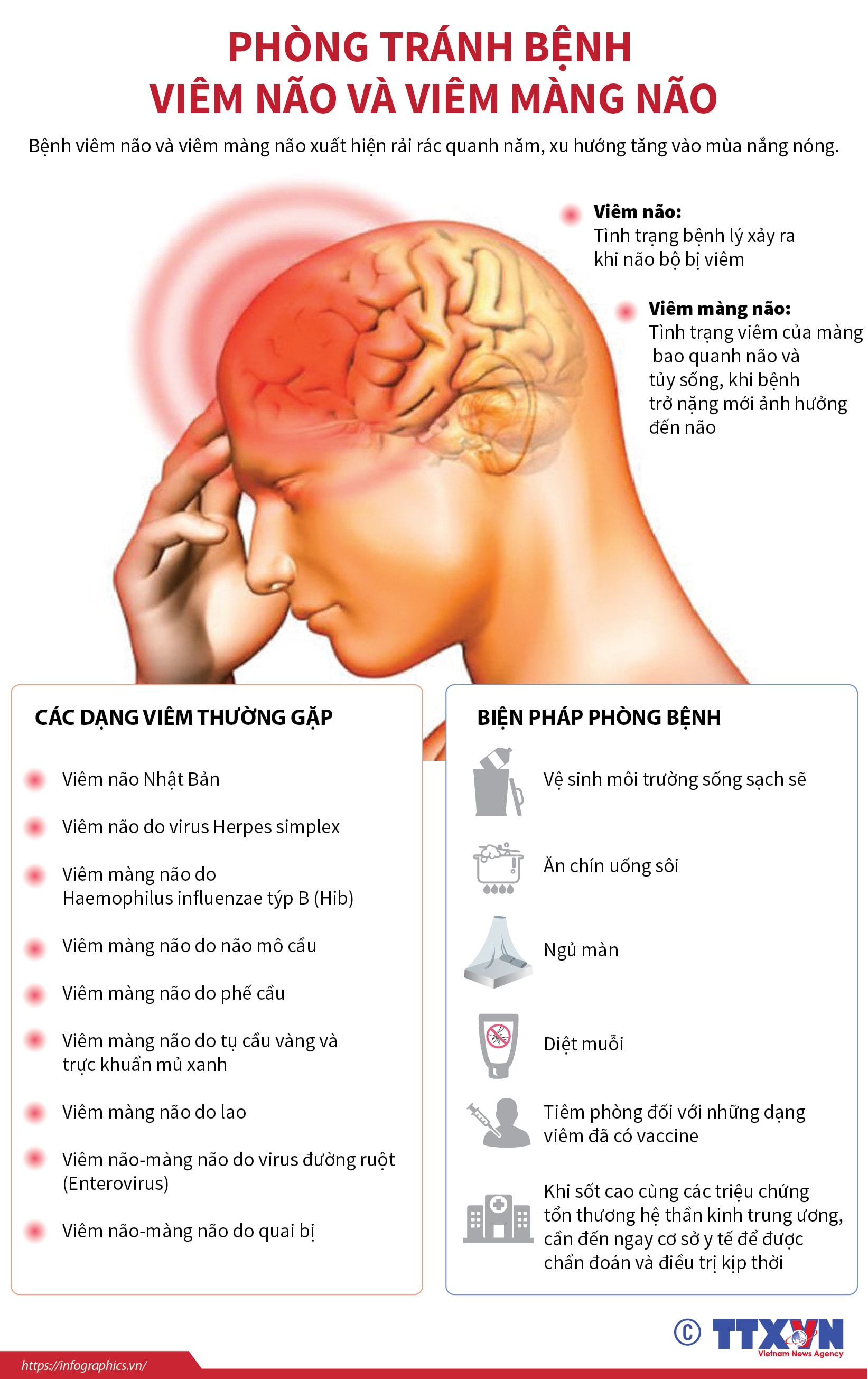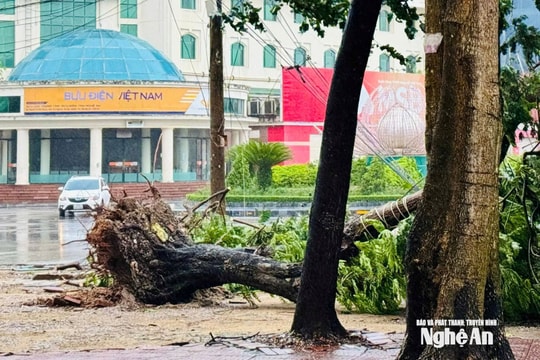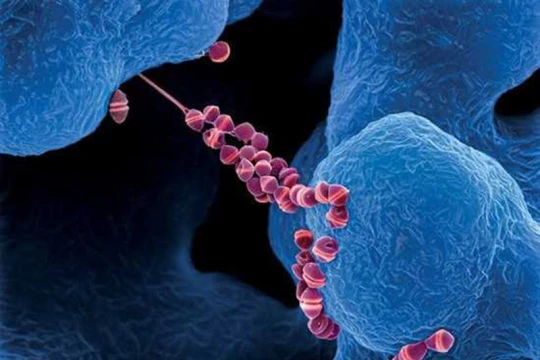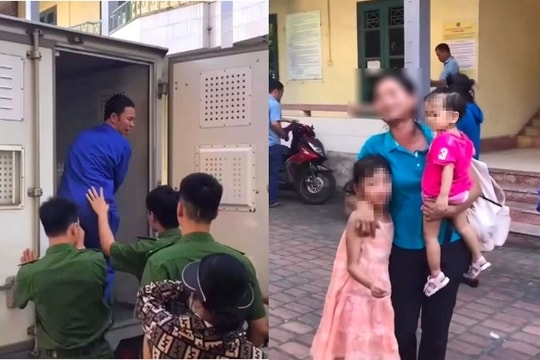6 measures to take immediately to prevent viral encephalitis in the summer
To proactively prevent and control viral encephalitis, including Japanese encephalitis, the Ministry of Health recommends that people and the community take the following measures:
1. Vaccinate children fully and on schedule.
2. Practice good environmental hygiene, keep houses clean, clean livestock barns, keep livestock barns away from homes, kill mosquitoes in livestock barns, and eliminate mosquito larvae nests.
3. Use mosquito nets day and night, regularly use mosquito repellents; do not let children play near livestock pens.
4. Wash hands regularly with soap, ensure food safety, eat cooked food and drink boiled water.
5. Limit contact with sick people and wear a mask when caring for them.
6. If you have symptoms of high fever and central nervous system disorders (convulsions, movement disorders, drowsiness, coma, etc.), you must go to a medical facility immediately for timely advice and treatment.
 |
According to experts, Vietnam is a tropical country with many infectious diseases transmitted by insects, including:viral encephalitisespecially in summer, the season suitable for disease-carrying insects to develop.
Viral encephalitis is a dangerous disease caused by many types of viruses that often damage the brain, leaving neurological sequelae and high mortality.
The main symptom of the disease is high fever and symptoms related to damage to the central nervous system including: severe headache, nausea and vomiting, stiff neck, confusion, disorientation, personality changes, convulsions, hearing and speech disorders, hallucinations, memory loss, lethargy, coma...
The elderly and children are at high risk of severe illness, complications and death.
Vaccines - effective disease prevention measures
For encephalitis, the health sector recommends that complete and timely vaccination against Japanese encephalitis is the most important and effective disease prevention measure.
Vaccination with 3 basic doses:
- 1st dose: Inject as soon as possible after 1 year of age.
- 2nd dose: 1 to 2 weeks after 1st dose.
- 3rd dose: 1 year after 2nd dose.
Then, a booster shot is given every 3-4 years until the child is 15 years old.
However, the situation of children missing or not being vaccinated against JEV still occurs. Meanwhile, this is the most important and effective disease prevention measure.
Associate Professor, Dr. Bui Vu Huy - Former Head of Pediatrics Department, Central Hospital for Tropical Diseases, Senior Lecturer of Infectious Diseases Department, Hanoi Medical University emphasized: "To proactively prevent JEV in particular and other diseases in general, it is necessary to fully vaccinate to ensure enough antibodies to protect health against attacks of many different diseases. People should not forget the effectiveness that vaccines bring to humanity because of a few cases of side effects."
Each person also needs to have a disease prevention plan based on the principles of improving health, eating and living adequately, having regular health check-ups, and going to the doctor early when there are unusual signs.
In addition, it is necessary to pay attention to daily eating and drinking, avoid food poisoning, wash hands regularly to form a habit; at the same time, regularly update information and instructions from the Ministry of Health on infectious diseases that are at risk of outbreak (such as dengue fever, encephalitis...).
Keep the environment clean, regularly clean the house, clean the livestock pens to limit mosquito nesting places. If possible, move the livestock pens away from the house, away from children's play areas, remove mosquito larvae nests and stagnant water. Children should sleep under mosquito nets to avoid mosquito bites, regularly use measures to prevent, control and destroy mosquitoes in households.




.jpg)



